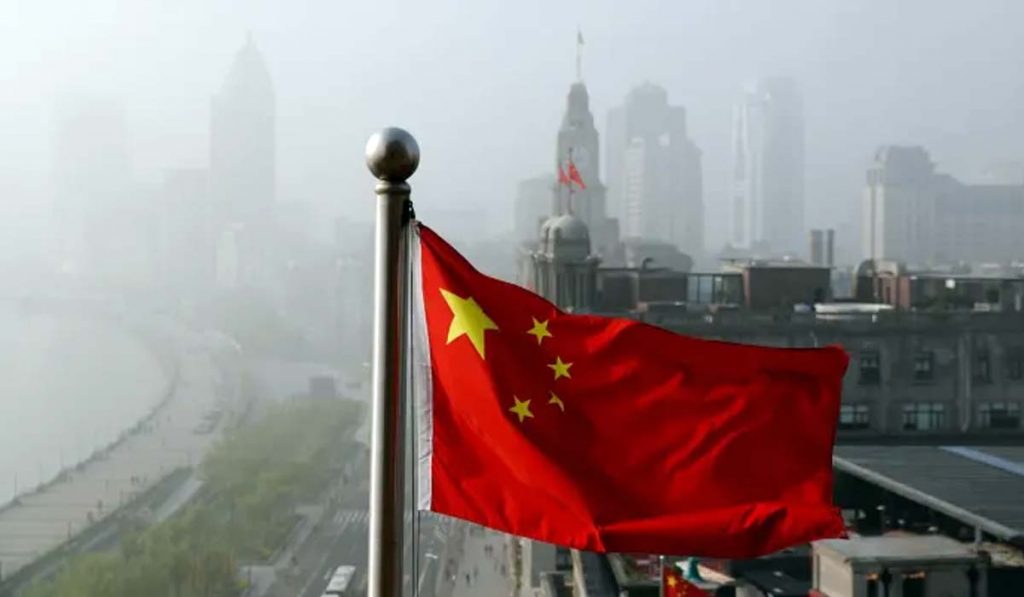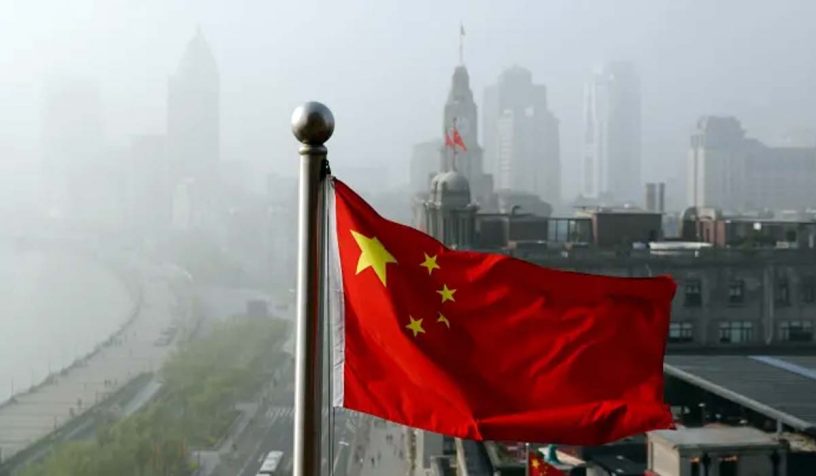
This article argues that China’s development finance has been increasingly market-oriented, concerned about financial and environmental sustainability, and delivered through hybrid bilateral–multilateral channels.
Authors
Karin Costa Vazquez, Scholar, Fudan University, China and Associate Professor and Assistant Dean, Jindal School of International Affairs, O.P. Jindal Global University, Sonipat, Haryana, India.
Yu Zheng, Professor, School of International Relations and Public Affairs, Fudan University, China. Email: yzheng@fudan.edu.cn.
Summary
The recent challenges posed for multilateralism and the emergence of a sustainable development regime have pushed countries to engage in more flexible, issue-based development finance initiatives and institutions.
These changes have profoundly impacted how China conceives and delivers its development finance. How is China’s development finance being shaped by other countries’ experiences?
How has China been shaping development finance globally? This article argues that China’s development finance has been increasingly market-oriented, concerned about financial and environmental sustainability, and delivered through hybrid bilateral–multilateral channels, particularly since the launch of the Belt and Road Initiative.
Shaped by the changes that China experienced at both international and domestic levels, these new features signal the rise of a ‘new Asian development finance’ that is refocusing the global debate on the importance of combining aid, trade, and investment under financially and environmentally sustainable frameworks, and channelling development finance through multilateral channels to catalyse structural transformation.
Published in: Li, X.; Gu, J. and Zhang, C. (eds) ‘China and International Development: Knowledge, Governance, and Practice’, IDS Bulletin 52.2, Brighton: IDS
To read the full article, please click here.


